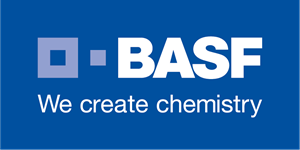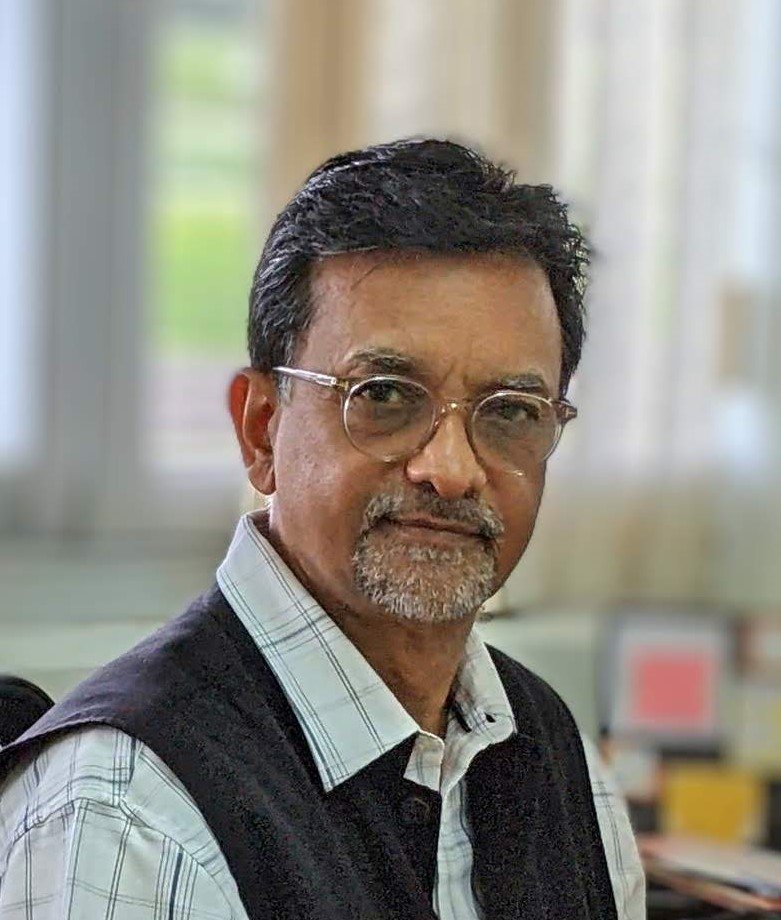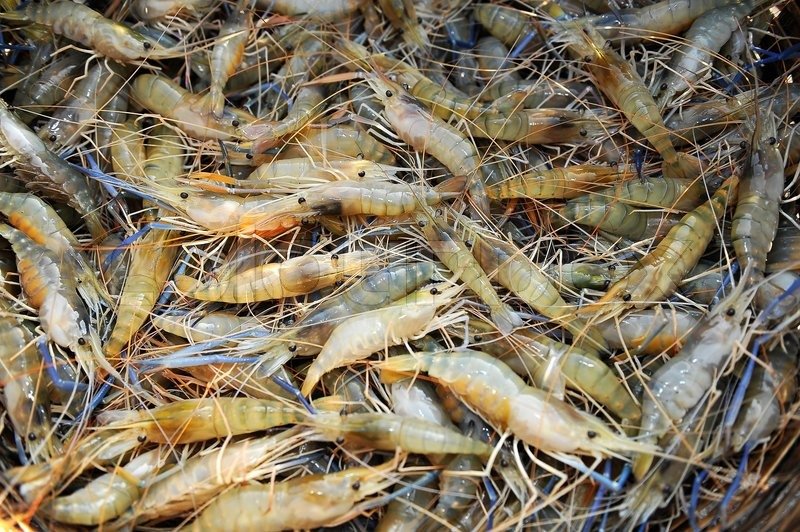Azelis, Novozymes expands partnership to Malaysia for the Agri & Environmental solutions market
By collaborating with Novozymes, Azelis will be able to tap into its knowledge and solutions for the benefit of company’s long-term A&ES strategy in Asia Pacific.
Azelis, a leading innovation service provider in the specialty chemicals and food ingredients industry, is pleased to announce the expansion of its distribution partnership with Novozymes, a leader in biological solutions. Effective immediately, Azelis will distribute Novozymes’ best-in-class bio-based agriculture (“BioAg”) solutions, including its portfolio of microbial inoculant, biostimulant and biocontrol solutions, in Malaysia. This mandate builds on Azelis’ successful partnership with Novozymes across Asia Pacific in other markets, from Home Care & Industrial Cleaning in the Philippines to Food & Nutrition in New Zealand.
Novozymes’ dynamic biological solutions are derived from naturally occurring microbes and biomolecules. Their portfolio of solutions drives crop performance, improves nutrient use efficiency, and helps crops manage abiotic stresses through natural processes. The addition of Novozymes’ innovative products strengthens Azelis’ lateral value chain in the Agricultural & Environmental Solutions (“A&ES”) industry, allowing the group to offer technical solutions that include the latest BioAg technology and solutions.
Muhammad Iqbal, Commercial Head Agriculture SEA, Novozymes, said, “Through this partnership, customers will have access to solutions that leverage our combined expertise – Novozymes’ BioAg knowledge and Azelis’ in-depth crop nutrition expertise, leading to new opportunities for growth. Additionally, Azelis’ experienced teams of sales and technical experts, along with their established agrochemical presence across Southeast Asia, will ensure Novozymes’ innovative portfolio of bio solutions reach a wider range of customers in the region.”
Antonius Prihantono, Azelis Asia Pacific Market Segment Director Agrochemicals, commented, “We are pleased to be able to include Novozymes’ biological solutions in our portfolio, as BioAg products are the future of the Agricultural industry. By collaborating with Novozymes, we will be able to tap into their knowledge and solutions for the benefit of our long-term A&ES strategy in Asia Pacific. Together we plan to develop field trial protocols, evaluate trial results, and share best practices to ensure our common goal of bringing first-class BioAg solutions to the market.”
By collaborating with Novozymes, Azelis will be














